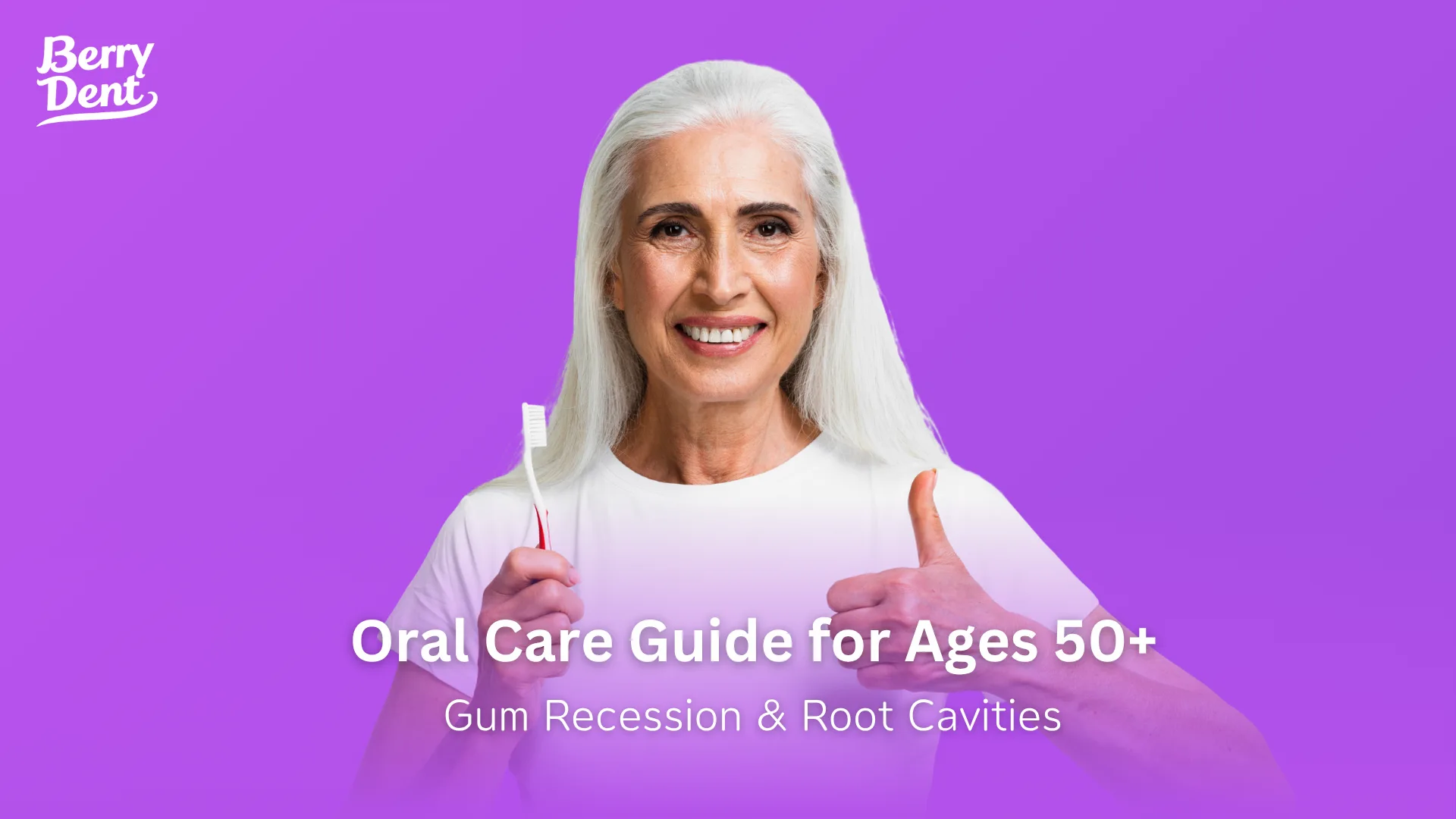All in one place! This is the oral care guide for those aged 50+ that will help you maintain a bright smile and strong oral health for years to come. Berry Dent has compiled ways to deal with common problems, whether it’s gum recession, root cavities, or tooth sensitivity, along with tips on choosing the right toothpaste and simple, practical self-care techniques for daily dental health.
5 Common Oral Health Problems in Ages 50+
As you enter your 50s, changes in your mouth are inevitable. Here are the 5 most common oral health problems in seniors:
- Gum Recession: Gums gradually recede with age, exposing the delicate root surface of the tooth.
- Root Cavities: This is a consequence of gum recession because the root surface does not have the hard enamel that protects the crown, making it many times more prone to decay.
- Tooth Sensitivity: When the root is exposed, drinking hot or cold liquids, or even a gust of wind, can cause sharp sensitivity.
- Dry Mouth and Low Saliva: This can be caused by bodily changes and side effects of some medications. When saliva is reduced, the ability to wash away bacteria and food debris decreases, increasing the risk of cavities and bad breath.
- Gingivitis: The accumulation of plaque along the crevices of teeth and the gumline causes swollen, red, and inflamed gums, which can lead to periodontitis and loose teeth.
How to Deal with Gum Recession and Root Cavities?
These two problems are like best friends that need to be managed together! The best approach is early prevention by brushing correctly with an extra-soft bristled toothbrush, and most importantly, using a high-concentration fluoride toothpaste (1,500 ppm) to directly strengthen the protective barrier on the root surface. You should also use dental floss or an interdental brush to clean daily.
How to Choose Toothpaste and a Toothbrush for Seniors
Choosing the right tools is like having a great assistant for oral care after 50.
- Toothbrush: Choose one with “Extra Soft” bristles, a head that is not too large so it can reach everywhere, and a comfortable handle.
- Toothpaste: Look for a formula with 1,000-1,500 ppm of fluoride to prevent cavities. If you have sensitivity, choose a formula with desensitizing agents (like Potassium Nitrate). It’s even better if it also contains herbal ingredients to care for the gums.
Foods That Help Strengthen Gums and Teeth
Eating can also help strengthen your gums and teeth. Try adding these foods to your daily meals:
- High Calcium: Milk, yogurt, cheese, and small fish help strengthen the jawbone and teeth.
- Vitamin C: Citrus fruits, guava, and broccoli help nourish the gums and reduce inflammation.
- High Fiber Foods: Apples, carrots, and guava. Chewing these helps clean the tooth surface.
- Drink Plenty of Water: Helps increase moisture, reduce dry mouth, and wash away food debris.
Why Should Seniors Have a Dental Check-up Every 6 Months?
Regular visits to the dentist are the best investment in your oral health. A dentist can detect problems in their early stages, such as small cavities or early gum inflammation, which are easier to fix than if left to progress. Additionally, professional scaling helps remove stubborn tartar that brushing cannot reach. This is the most crucial step in true senior oral care.
Furthermore, choosing a toothpaste that provides comprehensive oral health solutions, like Berry Dent hybrid herbal toothpaste, is a great help for those aged 50+. With its perfect blend of nature and science, the power of 5 berry extracts and natural herbs is combined with 1500 ppm fluoride—the maximum amount that provides full-strength protection for your oral and dental health. You get both the benefits of fluoride for cavity prevention and the fresh breath from nature in one tube.


